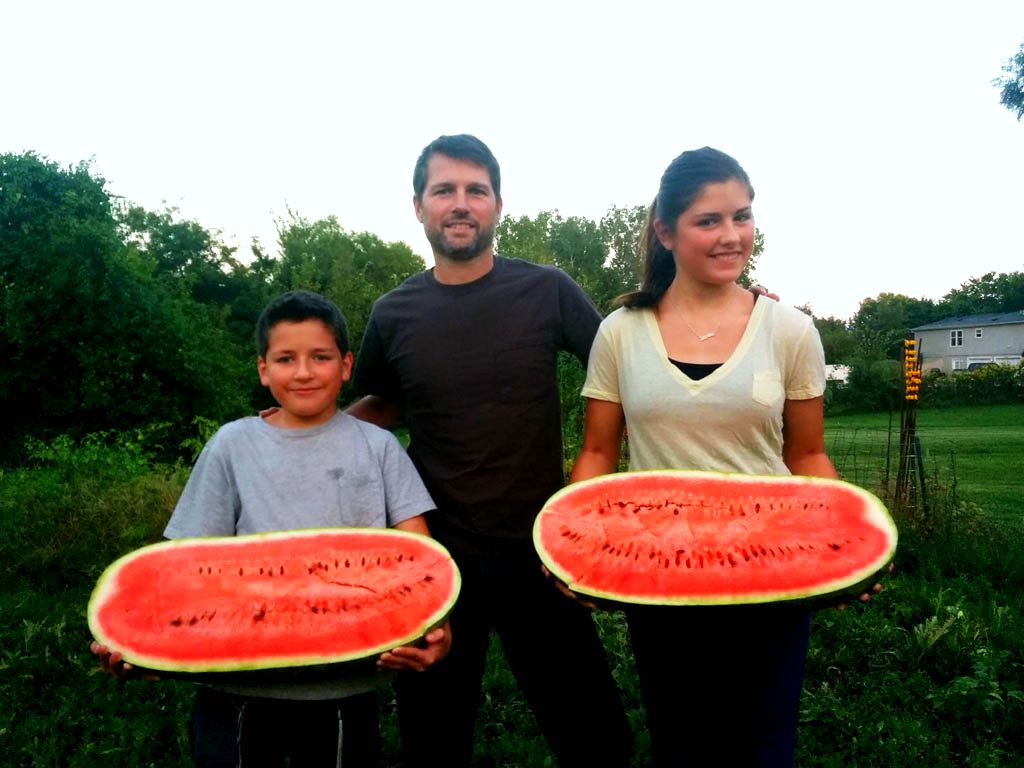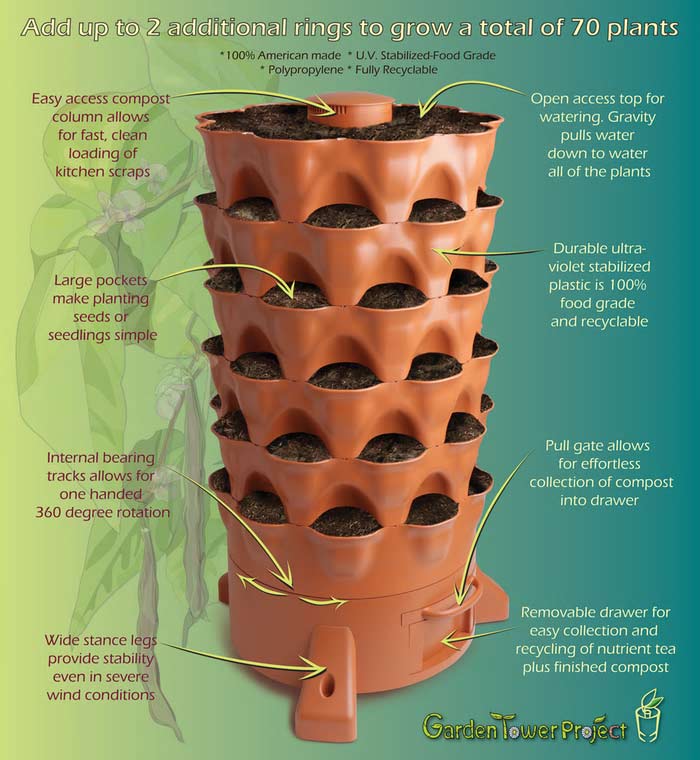Tui Rose on honey bees?!
by Ruth Mettler
(Statesboro, GA. USA. )
I am a beekeeper and have been trying to find good research regarding DE's impact on the honey bee.
I have found Tui Rose's book to be one of the most popular resources for those caring about their environment enough to be seeking chemical alternatives, so am concerned at its oft-quoted content regarding its impact or otherwise on the honey bee.
Since this book is rapidly becoming an authority on the use of DE, I must question Tui Rose's "facts".
Firstly, Tui references the honey bees as male; yet the workers are female (making ~80-95% of the hive population, subject to seasonal variations). It is these workers that go out and forage (collect nectar and pollen), not the male drones.
Secondly, she recommends using DE early morning or in the evening, when the bees would be "less active".
The bees will be active if the temperature is above 55°F. It doesn't have to be fully light, they will be active in pre-dawn twilight!
Do not use DE in the mornings where pollinators will forage!
Early morning will find honey bees collecting dew droplets.
Careful consideration is all that is needed. Apply in the evening when you no longer see the pollinators around.
Apply to areas before blooms to eliminate the pests, do not apply once blooming occurs.
You shouldn't apply DE on a windy day, but even on a calm day be mindful of wind-drift onto nearby flowers. DE travels on the slightest breath of air!
Finally, honey bees need water and will collect from bird baths, puddles and pond edges. Avoid letting the DE powder float across where the bees will walk in it.
Thank you.
Comments for Tui Rose on honey bees?!
|
||
|
||
|
||
|
||
|
||
|
||











